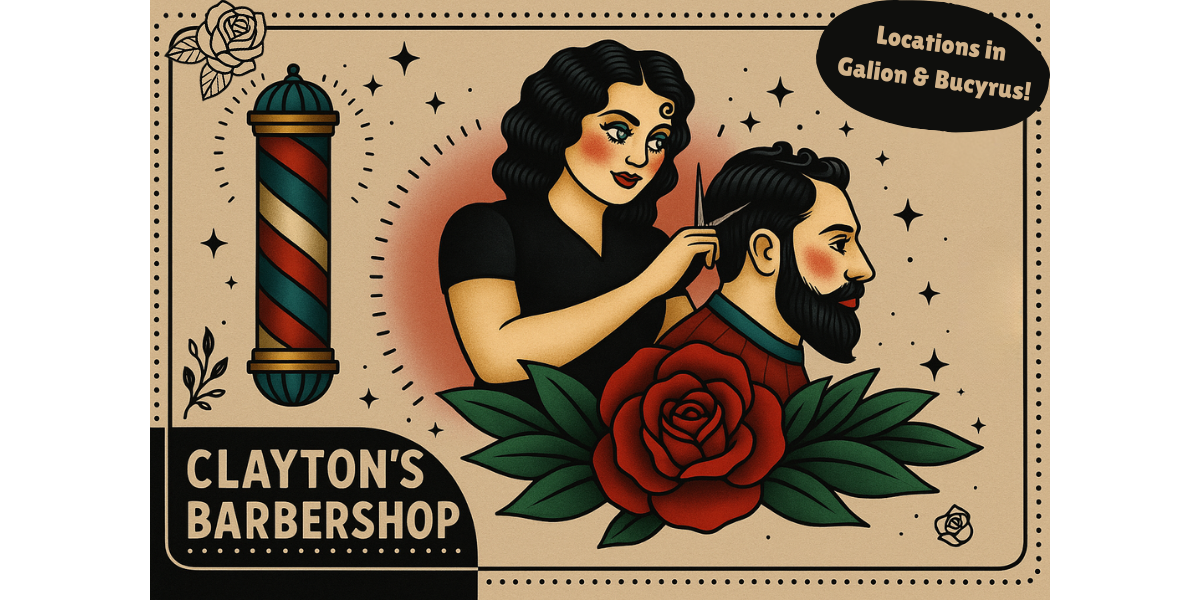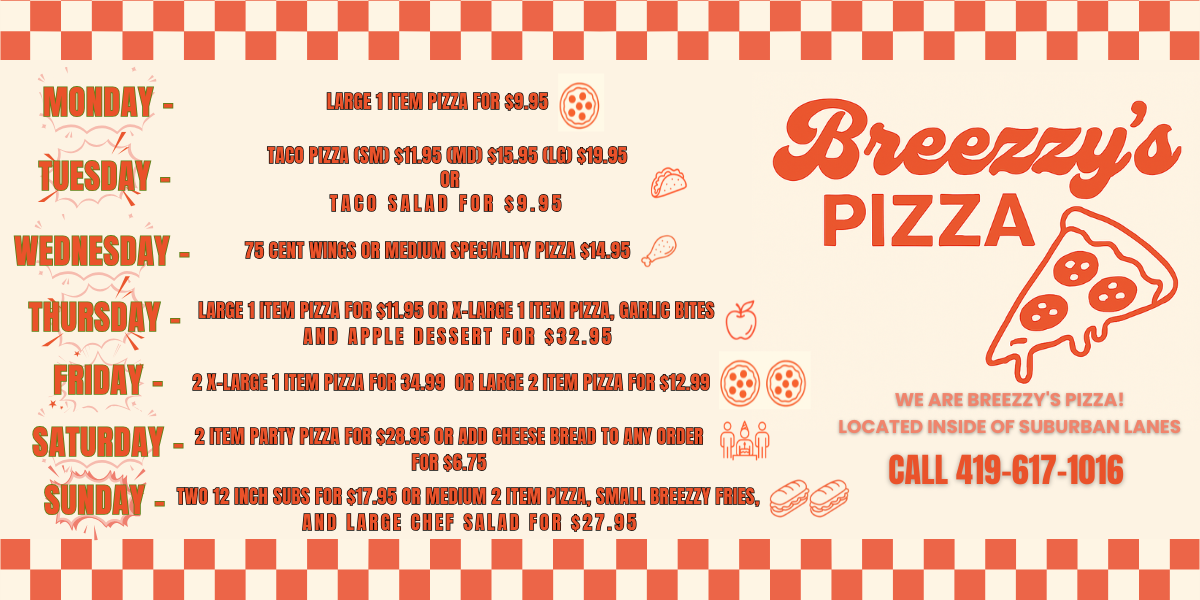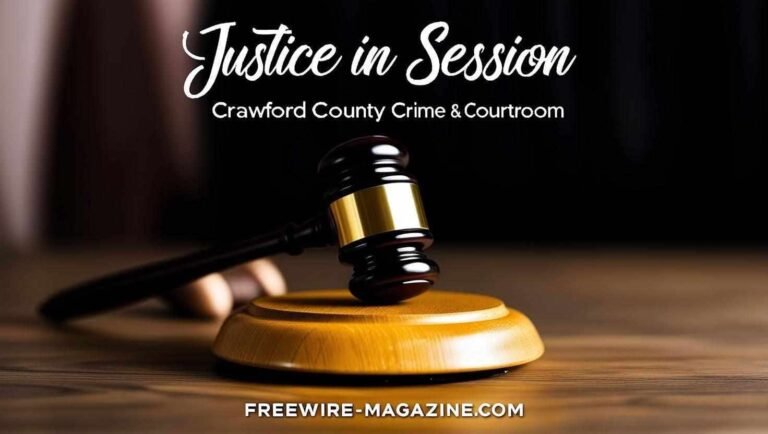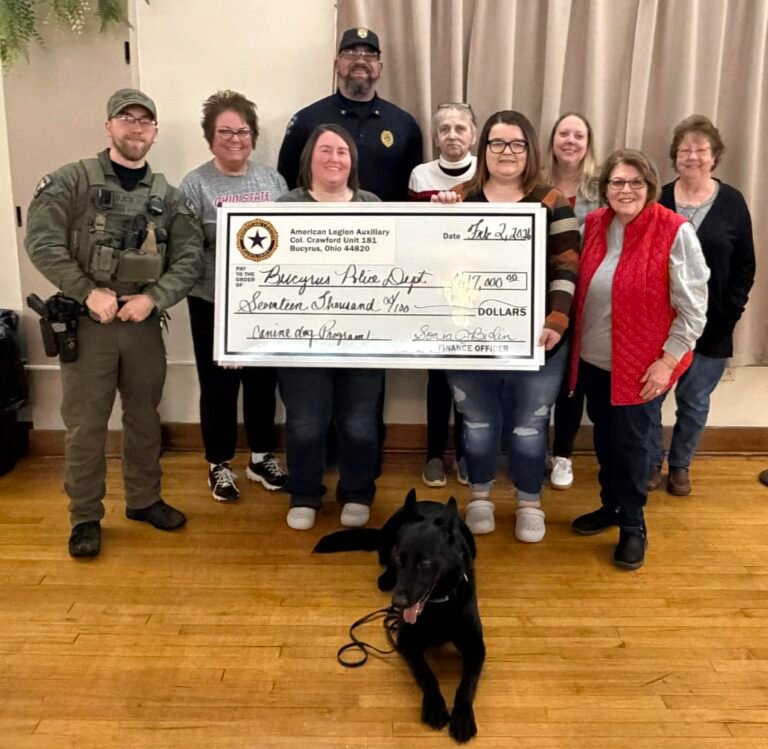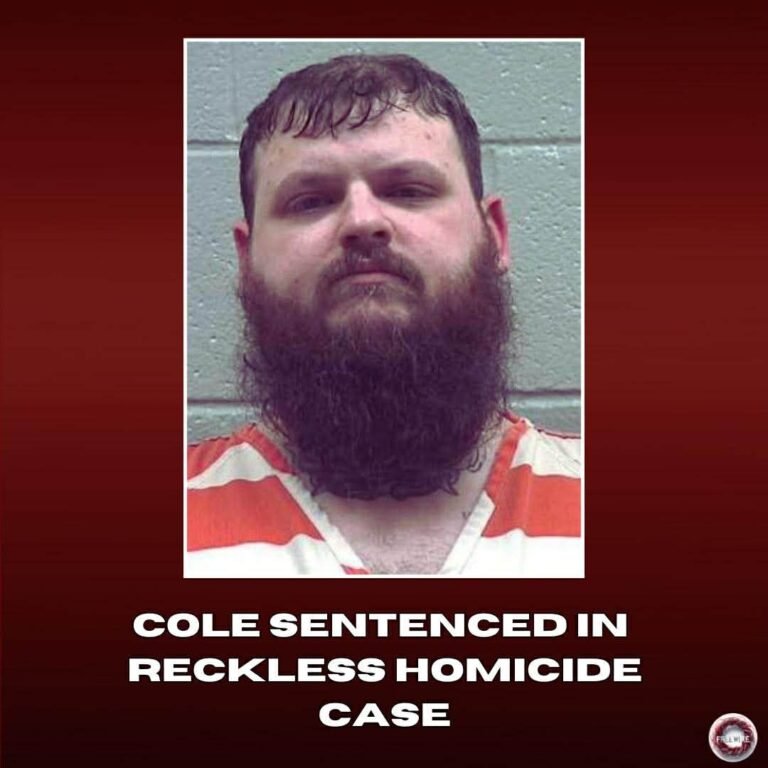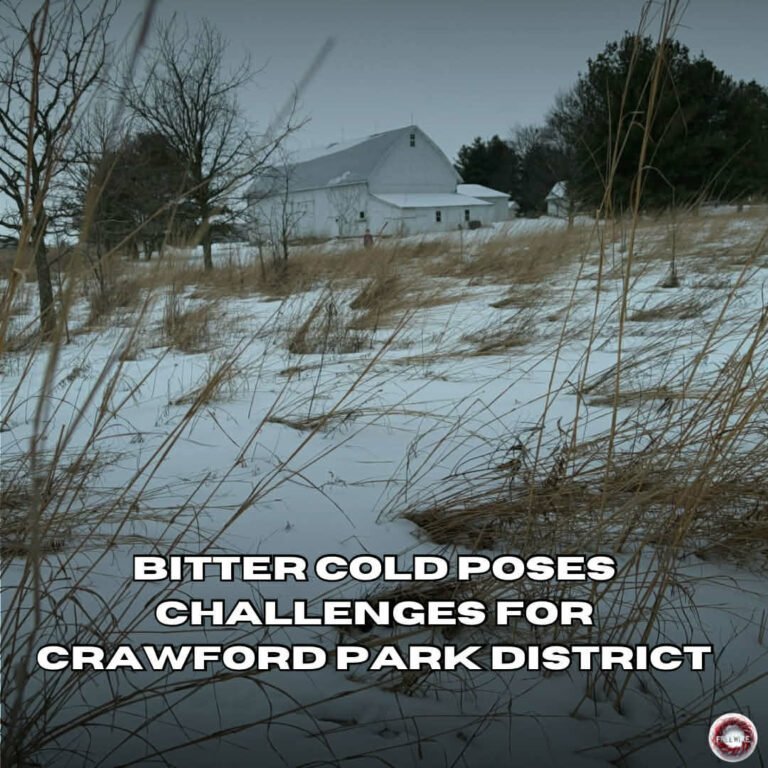
Vatican City – On Easter Monday, April 21, 2025, Pope Francis passed away at the age of 88, marking the end of one of the most transformative papacies in modern history. Born Jorge Mario Bergoglio in Buenos Aires, Argentina, he became the first Latin American pope, the first Jesuit pope, and the first non-European leader of the Catholic Church in over 1,200 years. But it was what he did with those firsts that defined his legacy.
The People’s Pope
Francis was, first and foremost, a pope of the people. From the moment he declined to wear the traditional red papal cape and chose to live in a modest Vatican guesthouse rather than the Apostolic Palace, it was clear he would approach the papacy differently. His reign emphasized humility, service, and accessibility. He often carried his own bag, rode in a modest Fiat, and celebrated Mass in prisons, slums, and refugee camps.
A Champion for the Marginalized
Throughout his papacy, Pope Francis repeatedly centered the voices of the poor, the imprisoned, migrants, and the disenfranchised. He famously declared, “I want a poor church for the poor.” Under his leadership, the Vatican opened showers for the homeless, offered housing to refugees, and expanded charitable missions across the globe.
His advocacy extended to more controversial grounds, too. Francis called for an end to the death penalty, condemned unfettered capitalism, and described climate change as “a global problem with grave implications.” His 2015 encyclical Laudato si’ made headlines around the world as a theological call to arms against environmental destruction.
A Reformer Within Constraints
Though often hailed as progressive, Pope Francis walked a tightrope within a deeply traditional institution. He did not overturn Church teachings on marriage, women priests, or abortion — yet he opened the door for conversation. He softened the Church’s stance on LGBTQ+ Catholics, famously saying, “Who am I to judge?” when asked about gay priests. He expressed support for civil unions for same-sex couples, a groundbreaking move for a sitting pope.
Internally, he sought to reform the Vatican bureaucracy and crack down on financial corruption. His efforts met fierce resistance, but he persisted in making the Church more transparent and accountable.
Global Statesman and Spiritual Leader
Francis redefined the role of the pope on the world stage — not just as a religious leader, but as a moral compass. He acted as a bridge-builder between cultures, religions, and ideologies. He played a key role in the U.S.-Cuba diplomatic thaw, visited war zones, and became the first pope to address a joint session of the U.S. Congress.
During the COVID-19 pandemic, his haunting solo blessing in an empty St. Peter’s Square — rain pouring down as he prayed for the world — became one of the most indelible images of the global crisis.
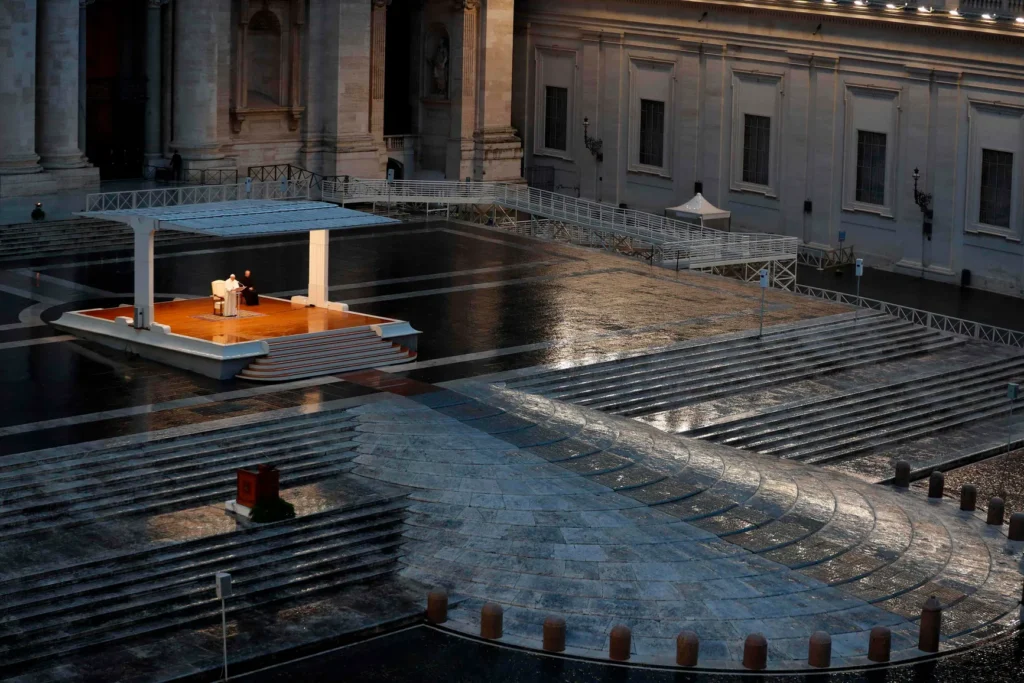
Legacy of Compassion, Tension, and Change
Pope Francis was not universally loved within the Church. His critics accused him of sowing confusion, diluting doctrine, or leaning too far into progressive causes. But even his detractors admitted he brought renewed energy, visibility, and relevance to a 2,000-year-old institution in crisis.
He leaves behind a Church that is both divided and revitalized — more conscious of social justice, more globally attuned, and more engaged with modern challenges. Whether history will view him as a revolutionary or a bridge to something greater remains to be seen. But for millions, he was simply a shepherd who walked with his flock.
The Road Ahead
With Pope Francis’ death, the Church now enters a traditional period of mourning and reflection. A conclave will be held in the coming weeks to elect his successor. Regardless of who follows him, the imprint of Francis’ papacy — its emphasis on mercy, justice, and humility — will be hard to erase.


